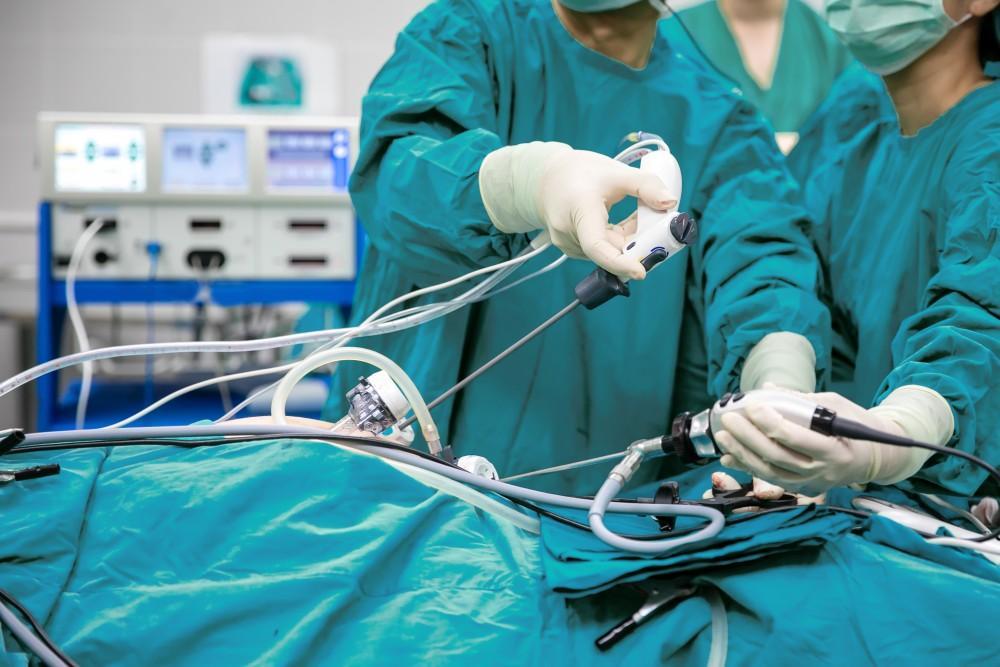
Is Diverticulitis Serious?

Itis — when this four-letter suffix is attached to the end of a word, it indicates infection or inflammation, neither of which are health conditions you should take lightly. Anytime there’s an infection in your body, the potential exists for serious complications, which is certainly true of diverticulitis.
When it comes to diverticulitis, our team of general surgeons at Rockwall Surgical Specialists has a good deal of experience stepping in if this condition requires intervention. Through colon surgery, we can halt problematic infections and, better still, help our patients find relief from the pain that’s often associated with diverticulitis.
As to whether diverticulitis is always serious, let’s take a look.
The road to diverticulitis
People don’t just wake up one day with an infection in their colon. The road there is often a lengthy one, and it starts with diverticulosis.
About half of US adults over age 60 have diverticulosis, which describes pouches along the walls of your colon. Over the course of your life, your colon, or lower intestine, works hard every time you eat or drink. Both your upper and lower intestines process, absorb, and move food — and they require healthy, muscular walls to do so.
With natural aging and issues like constipation, these muscular walls can weaken, allowing pouches or bulges to form. These are called diverticula.
When you have diverticulitis, it means that something — usually stool or bacteria — has become trapped in one of these pouches and caused an infection.
While half of older adults may have diverticulosis, only 4% develop diverticulitis.
Signs and complications of diverticulitis
When you develop an infection in your colon, it typically makes itself difficult to ignore, with symptoms that include:
- Abdominal pain
- Fever
- Nausea and vomiting
- Rectal bleeding
- Constipation
This initial acute diverticulitis often responds to antibiotics, a liquid diet, and pain medications. There are times, however, when your diverticulitis can become more problematic.
About 20% of people who have one attack will develop another. Chronic issues with diverticulitis can lead to snowballing issues, like adhesions (scar tissue) that can narrow your colon.
We’re also concerned with other diverticulitis complications, including:
- Gastrointestinal bleeding
- Obstructions
- Abscesses
- Fistulas
- Perforation
This last one is a potentially very serious outcome. If one of your diverticula becomes so infected and swollen that it bursts, it can leak harmful bacteria into your abdomen, which can lead to sepsis.
The good news is that we’re often able to spot problematic diverticulitis long before any of these more serious complications occur, allowing us to take prompt action. Using minimally invasive laparoscopic surgery, our surgeons can remove the diseased portion of your colon, which should eliminate all threats and resolve your diverticulitis.
If you have questions about diverticulitis or colon surgery to correct it, we invite you to contact us at one of our Texas locations in Rockwall, Rowlett, Greenville, Terrell, or Forney.
You Might Also Enjoy...


Is It Time for Your Colonoscopy?

Why Your Weight and BMI Are Important Barometers of Your Overall Health

When Does a Hiatal Hernia Require Surgery?

5 Compelling Benefits of Laparoscopic Surgery

